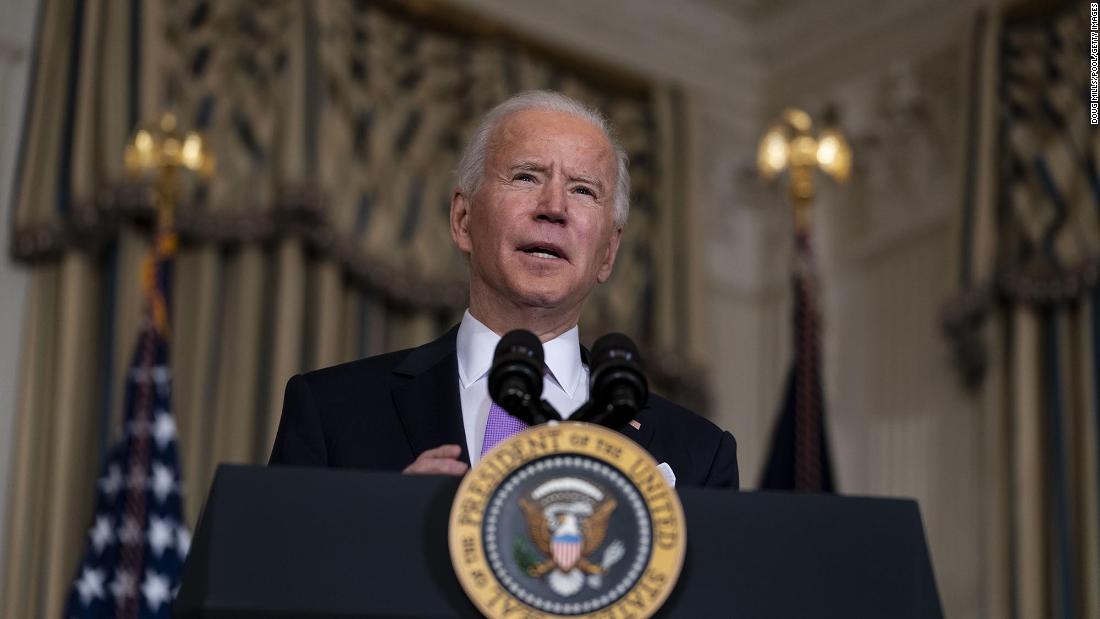U.S. District Judge Drew Tipton, also named by Trump, sided with Texas Attorney General Ken Paxton, a loyal to Trump who contested the temporary suspension of Biden’s deportations.
The national reach of the Tipton order further intensifies the debate over large-scale actions against executive power imposed by a single judge, which were the downfall of the Trump administration.
“These national injunctions frustrated presidential policy for most of the president’s term, with no clear end in sight,” said then-attorney general William Barr in a 2019 speech.
Trump’s Justice Department lawyers routinely managed to convince the Supreme Court to suspend these injunctions, although this sometimes took months. The conservative Supreme Court majority may not be as sympathetic to Biden’s ventures as they were to Trump’s.
As Biden promotes new programs and encounters legal objections, there is no escaping that they will be resolved by lifetime judges, 30% of whom were appointed by Trump.
Dispute pause dispute
The break in deportations, announced immediately after Biden’s inauguration, reflects the desire to dismantle Trump’s anti-immigrant practices. Biden also stopped construction of the wall on the southern border.
Department of Homeland Security officials said the 100-day suspension on deportations would allow the government to review current practices and ensure “a fair and effective immigration system with a focus on protecting national, border and public security”.
The moratorium, which started last Friday – the day Paxton sued – excludes some categories of individuals, including those who came to the United States after November 1, are suspected of terrorism or espionage or pose a security danger. national level, and waived the right to remain in the USA.
It is not clear whether such recent agreements with several states could be legally enforced. Tipton said he would need more time and additional legal instructions to review the issue while setting the temporary 14-day restriction order.
But, crucially, Tipton agreed with Texas that the suspension appeared to violate the Administrative Procedure Act safeguards against “arbitrary and capricious” executive actions.
The January 20 memorandum “not only fails to consider potential policies more limited in scope and time, but also fails to provide any concrete and reasonable justification for a 100-day break in deportations,” wrote Tipton.
Tipton said Texas has shown that it can be hurt by politics because of the millions of dollars it invests in social services and other state benefits for undocumented migrants.
Regarding his imposition of a national order, he wrote that “the 100-day break clearly affects national immigration policy, which requires uniformity”.
Regardless of Roberts’ statement, the fact is that Biden can find a skeptical judiciary.
Trump filled 177 out of 682 district court judges and 54 out of 179 appellate court judges, according to data compiled by Russel Wheeler of the Brookings Institution – in addition to the three new Supreme Court judges.
